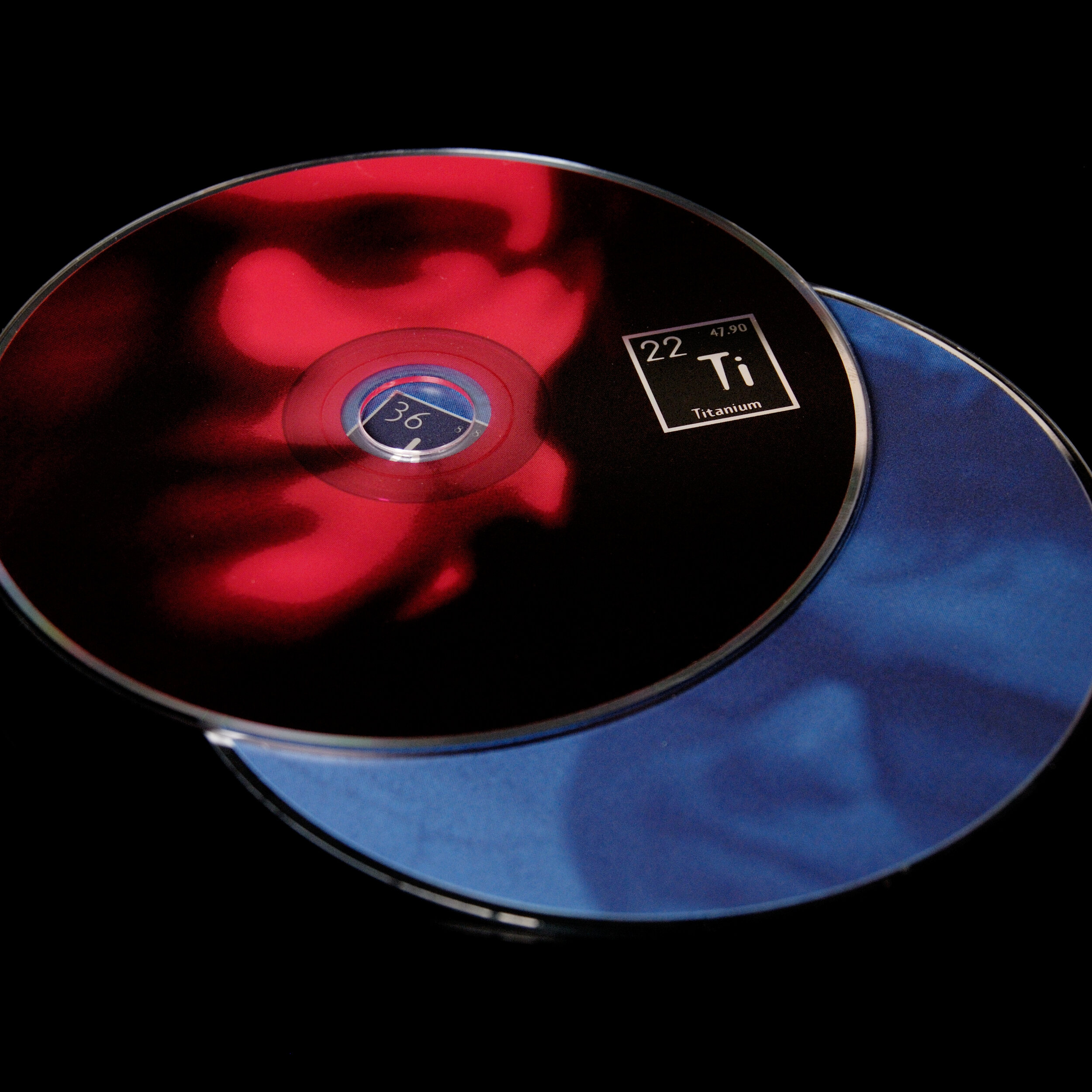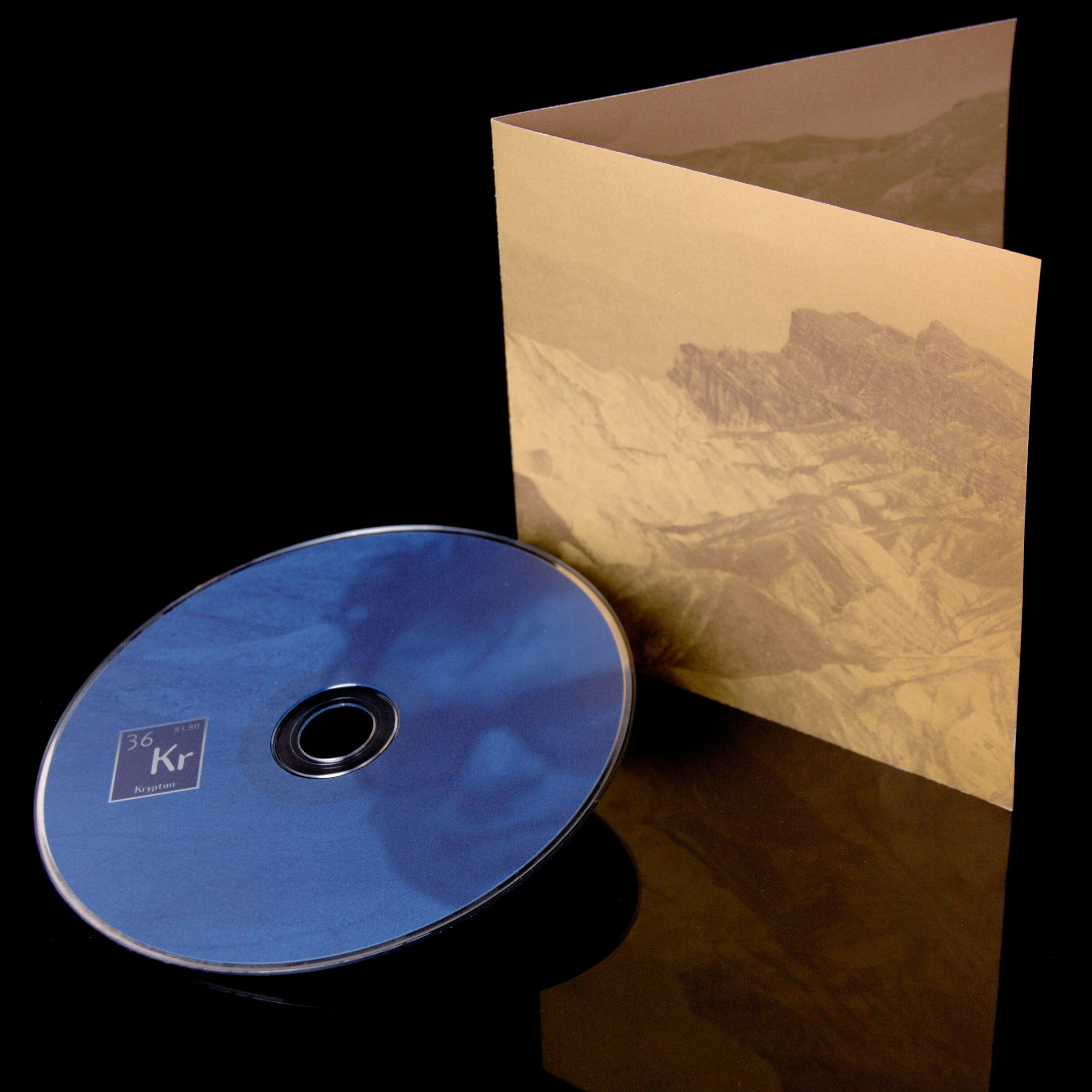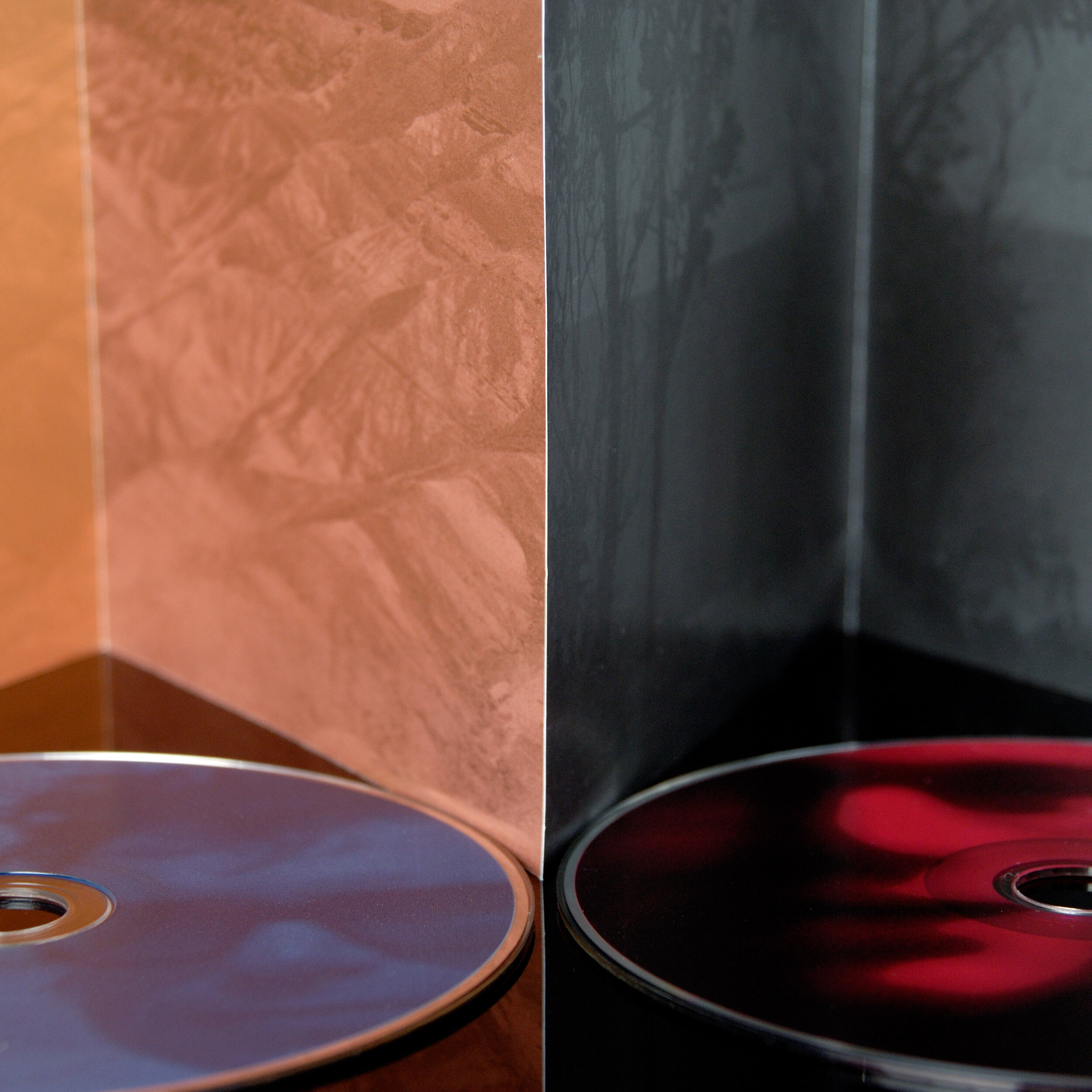Gate
The Dew Line
1994
Table of the Elements
[Titanium] TOE-CD-22
Compact disc
Twenty years is long enough: It's time to acknowledge Michael Morley as an indie-rock patriarch.
And why not? As the guitarist and vocalist for New Zealand noise-trip trio The Dead C and the man behind Gate (ostensibly a solo project, although Sonic Youth's Lee Ranaldo makes frequent guest appearances), Morley is the rare artist that record-hounds love to unearth: an isotope in the body Pop, radiating an invisible influence. With scores of micro-batch releases and an unmistakably intimate performance idiom, he ranks in the company of Jandek or Loren Connors, but it's Morley's geographic isolation rather than social disengagement that has deflected his work from reaching more ears. He tends his shambling craft in antipodean exile, in the remotest corner of the verdant backside of our increasingly Hollywood Planet, and his international live appearances are less common than eclipses. Still, if you don't recognize his name, you've heard his reverberations, in the ambient post-rock of Flying Saucer Attack and Labradford, the neo-psychedelia of Bardo Pond, and the fidelity-challenged whorl of Pavement and Sebadoh.
Recorded in 1993 and out of print since, Gate's The Dew Line is the first part of his "rock trilogy" (followed by The Monolake in 1996 and The Wisher Table in 1999). Rock it does. Typical Gate/Dead C no-fi guitar subduction and Morley's locked-in-the-car-trunk vocals are prominent, but there's also a hefty amount of scraping synthesizer menace and Paleozoic riffage. The crust of noise is there, but crack open the sonic geode and you'll discover some nifty song-styling. In someone else's universe, the gem of an opening track "Millions" gets play on AM radio, while "Have Not" climbs the FM charts. Full of brooding atmospherics, The Dew Line is the most—dare we say it—accessible of any of Morley's records, and it stands on an equal footing with his Dead C high-water mark, Harsh 70s Reality, as an anti-rock rock classic.
“As a guitarist, Michael Morley undertakes a leap of faith similar to that of rugged individualists Keiji Haino and Borbetomagus' Donald Miller, restoring devotion to his archaic instrument's electric threat through the organic mutilation of volume and lethal distortion. A low-tech delay-pedal-as-phantom-turbine is his most ubiquitous processor; an analogue synth vibrates oblique planes of sound; songs become dust, dispersed by the mercurial rhythms of undulating mirages."
The Wire
Gate
The Monolake
1996
Table of the Elements
[Krypton] TOE-CD-36
Compact disc
Gate is New Zealand artist and Dead C scribe Michael Morley. These studio recordings (begun during his 1994 US tour with Faust, Keiji Haino and Thurston Moore) delve deeper into an opaque song style. The Monolake is a road-trip across transcendental drones and detoured records that culminates in an unbelievably heavy, meta-literal "cover" of "Jennifer" from Faust IV.
“Napalms the entire history of rock."
Blow-Up














